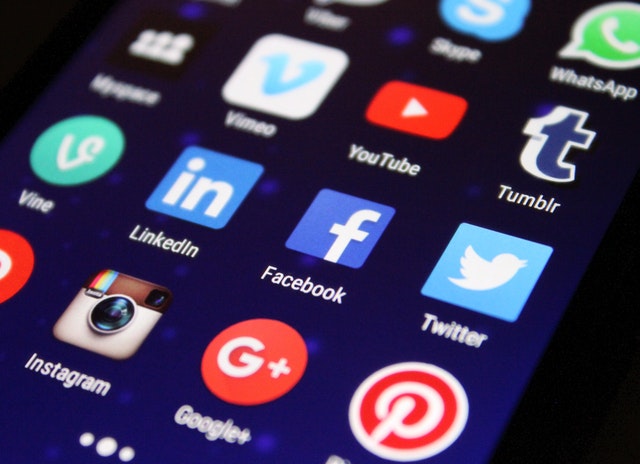You can’t go anywhere without hearing how technology destroys everything, as well as our happiness. Even if this is a reality, it’s not the whole story.
Technology can be horrible for us, for example, when social networks provide us FOMO (fear of falling) or tear us into filter bubbles that prevent us from seeing many points of view and essential problems. As a society, we are concerned that technologies like smartphones and social media contribute to isolation and harassing confrontation, which are all obstacles to the fun. Because they disrupt the emotional, social and behavioural processes, technology seems to be terrible for our happiness.
But we often fail to recognize (and discuss) how technology can also promote pleasure and well-being. Such as when phone calls allow us to talk to people all over the world and use anagrams, or when programs or online publications make us feel a purpose, a joy or a pleasure.
If you are trying to limit the use of technology for yourself or your children, think its benefits. Those listed below are to devote your time to technologies that could improve your well-being, health and happiness.
Participate in Activities that Promote Happiness

Social media is a space where we can socialize and engage in friendly and useful behaviours – activities that have proven to promote well-being. By sending messages, we go beyond our gratitude anytime.
Research has shown that it is essential for people to express themselves, be inspired and feel alone. 30% say the media makes them feel better, while 22% say they feel worse when they are stressed.
Although the media seems to be useful for some of the questionable habits they can bring to the market – like confronting the perfect lives of the people and our friends we follow – it’s not a good idea to be afraid of them. Once we associate it with interactions, it will appear as a tool for social and self-expressive connections.
Get Involved With Your Neighborhood

It is a simple fact that people who engage in a much more passive use of Facebook (for example, moving without interacting with others) are depressed, reveals an analysis. The authors suggest that the use of social networking sites can stimulate those “upwardly mobile comparative social behaviours” that make people feel weak (I suck!), envious (it’s not fair!), or both. As time goes by, they are happy to receive help and feedback.
It suggests that exploring other online methods might be useful for us, as they involve connection rather than social confrontation. By strengthening our relationships and reaching out to people, we can improve our online well-being.
Discovering Habits and Goals
 Technology has given us access to many tools for wellness and health, making it easier than ever to develop and practice gratitude and skills such as emotion regulation. Now you can use the programs to do anything to practice breathing according to your mood.Research suggests that applications can teach us the skills needed for our well-being, help us stay inspired and optimize our well-being even when they are secure.
Technology has given us access to many tools for wellness and health, making it easier than ever to develop and practice gratitude and skills such as emotion regulation. Now you can use the programs to do anything to practice breathing according to your mood.Research suggests that applications can teach us the skills needed for our well-being, help us stay inspired and optimize our well-being even when they are secure.
Since most of us have tried to take care of our minds and bodies, 80% of adults have gone online for health information. We can use the web to learn about health and wellness challenges, read other people’s stories or even find a professional. Search

